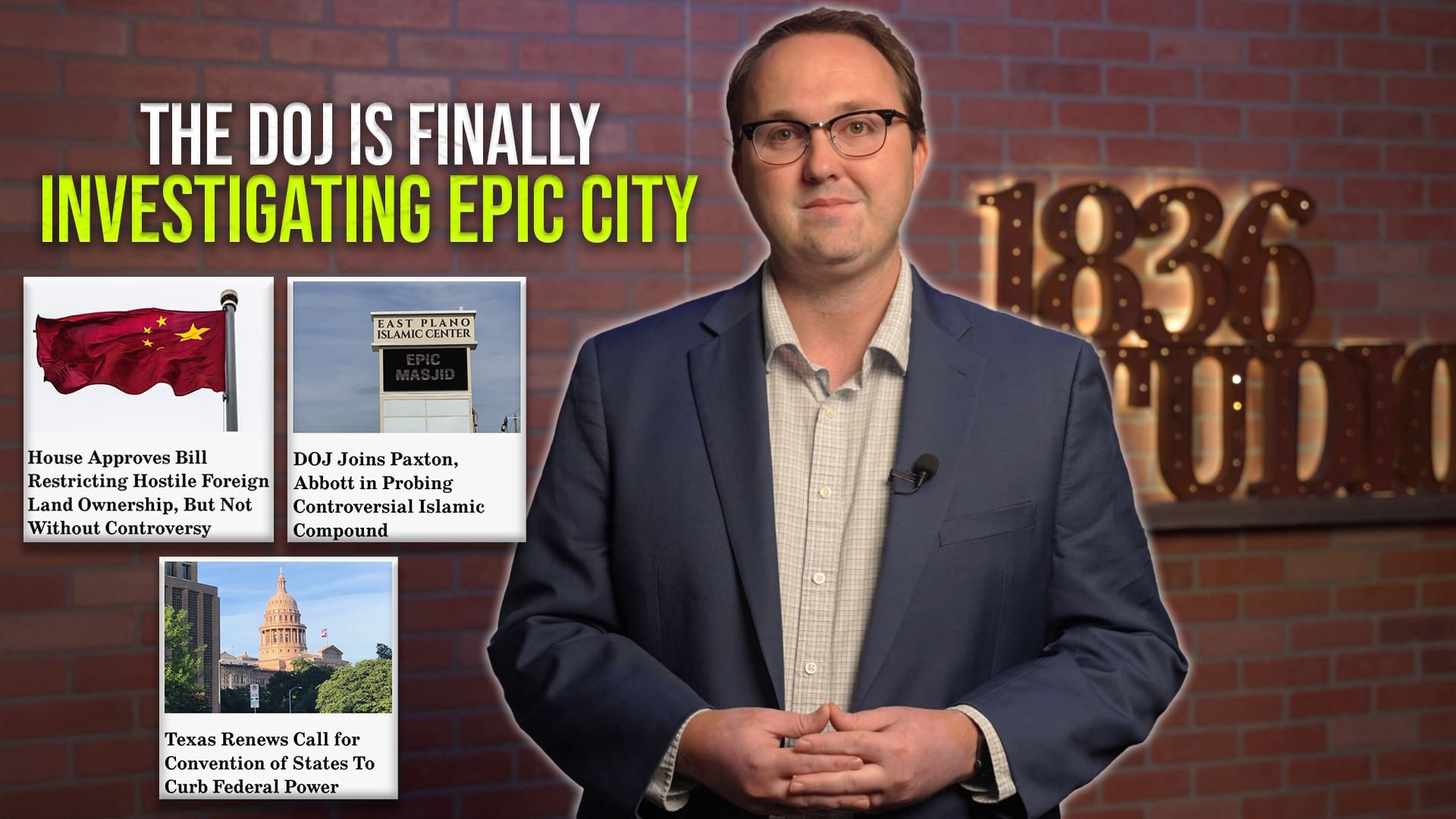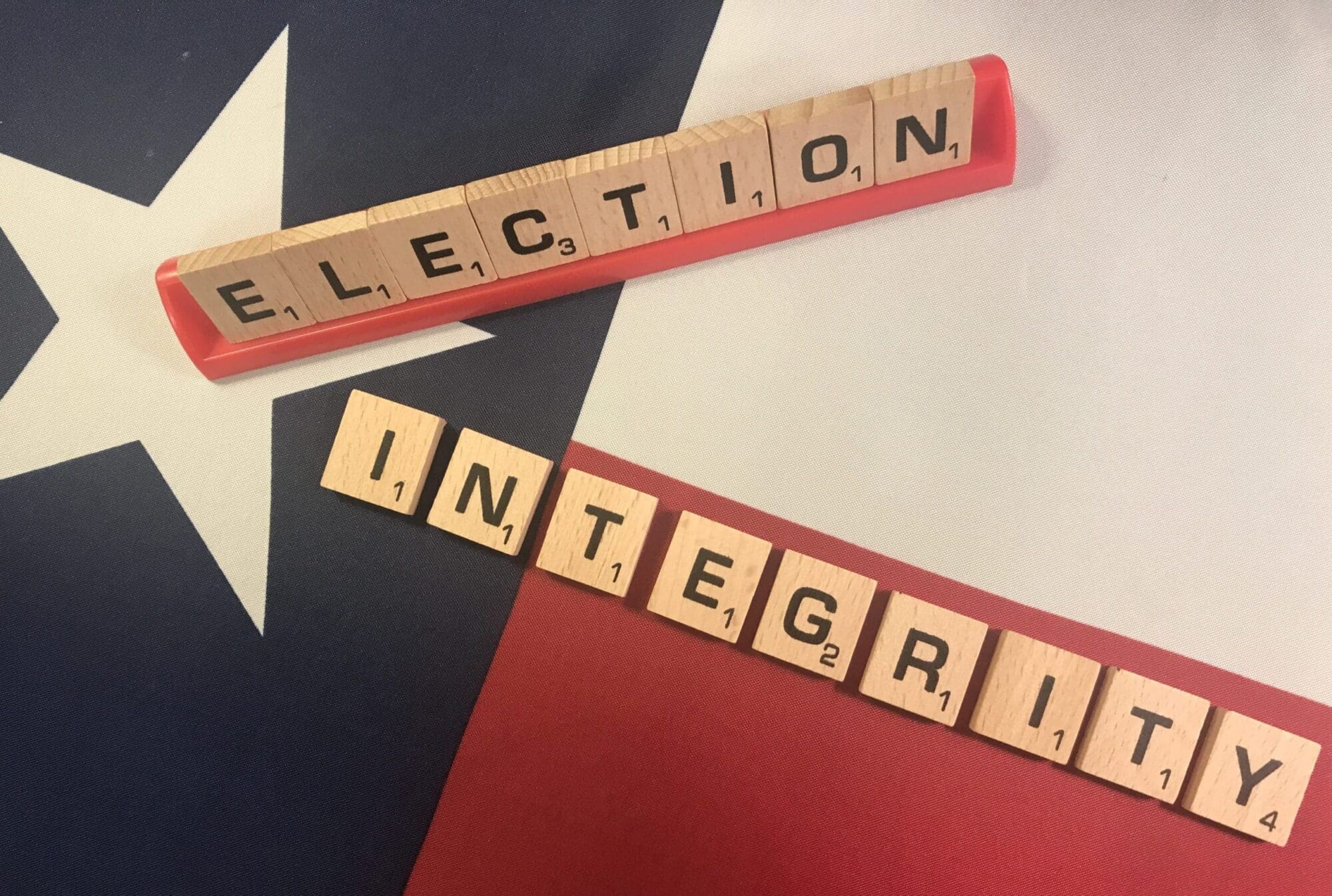While millions of Texans have lost their jobs and many are struggling just to afford food and rent, local politicians in San Antonio haven’t seemed to notice.
Last week, the school board for the San Antonio Independent School District approved putting a mammoth $1.3 billion bond up for a public vote in November. The bond is the most expensive in the district or municipal history, and if approved, would pile onto the whopping $1.6 billion in school debt that citizens already have to pay off—over $32,000 per student.
The bond is broken into two parts: $1.21 billion for school renovations and $90 million for technology improvements, such as high-speed internet connectivity in classrooms and digital smart boards.
San Antonio citizens have already strapped on mountainous debt loads, with district citizens just approving a $450 million school bond in 2016, an $850 million city bond in 2017, and neighboring Northside ISD citizens approving $849 million of debt in 2018.
San Antonio ISD Superintendent Dr. Pedro Martinez said their latest record-expensive bond is only half of what they ultimately want.
“Our total need in the district is about $2.5 billion. This is only addressing half of it,” he said.
Martinez also said the latest bond won’t increase tax rates, a misleading statement local politicians often use to distract from the fact they’re still raising your property tax bills. See, a politician can tax you at a flat hypothetical 10 percent rate, but if your property value goes up from $100,000 to $150,000, they’re still taking more cash from you (from $10,000 to $15,000).
And for many San Antonians, higher tax bills are the last thing they can afford right now.
“The bad news is that school districts continue to spend like drunken sailors,” said James Quintero with conservative think tank Texas Public Policy Foundation. “San Antonio ISD’s billion-dollar bond package is just the tip of the iceberg.”
TPPF also noted how the district’s enrollment shrunk nearly 7 percent from 2009-2018.
“Shrinking schools swimming in red ink should not borrow more,” the organization said in a newsletter.
There is one bit of good news, though: Quintero added that recent state law requires the school district to notify citizens of the bond’s tax increase, clarifying a fact that local politicians often try to convolute.
“The good news is that Texans will know more about bond propositions this election cycle,” Quintero said. “Thanks to House Bill 3, Texas ISDs must now include the following phrase on school bond election notices: ‘THIS IS A PROPERTY TAX INCREASE.’”
Superintendent Martinez, however, is still maintaining his tax rate messaging, saying the tax increase notice is “confusing.”
“Tax rates will not be affected by either of the ballot questions, but what’s going to be confusing is by law in the ballot question, the words will say this a tax increase even though it’s not going to be,” he said.
“Here in San Antonio, SAISD has 40 failing schools. But money is not the problem in this shrinking ISD, ” one citizen tweeted. “Multibillion-dollar bonds are gobbled by administrative bloat.”
Voters ultimately will decide in November if they want higher tax bills. Concerned citizens can contact the San Antonio ISD school board.





